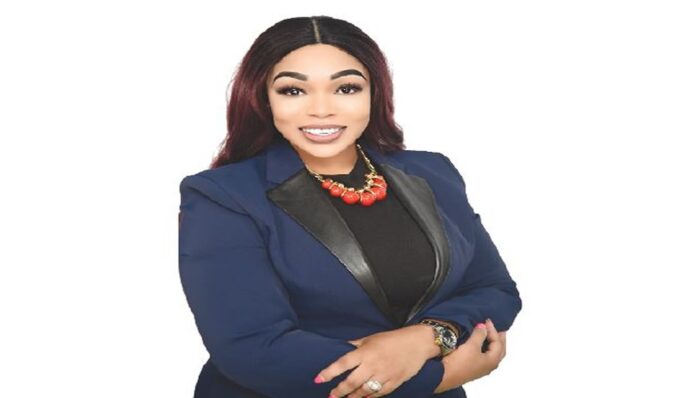MARYLAND: A Nigerian American technology expert and politician, Dr. Juliet Agocha, speaks with Biodun Busari about her early struggles, leadership journey, and her bid for elective office in Prince George’s County, Maryland.
I am contesting to become the next councilwoman representing District 4 on the Prince George’s County Council in Maryland. My decision to run is rooted in service. I want to advocate for families, strengthen community systems, and be a voice for people who feel unheard.
I have over 18 years of leadership experience. I am the founder and CEO of Ultimate Tech, a technology company based in Prince George’s County.
I established the company during the pandemic, at a time when uncertainty and confusion led many people to seek clarity and solutions. Out of that chaos, I built a platform that uses technology to solve real problems.
I also founded One Voice Empower Her, a nonprofit dedicated to empowering women and girls. Through it, I promote resilience, collaboration, and leadership.
In addition, I currently serve as the Vice Chairperson, Policy Council for Early Childhood Education at the Lawyers Centre. Throughout my life, my work has centered on service in both professional and community spaces.
My campaign focuses on three key areas:
I was homeless for two weeks in 2009, an experience that shaped my perspective. Sadly, housing conditions in Prince George’s County have not significantly improved since then. Housing is the foundation of stability, safety, and opportunity. No family should have to choose between feeding their children and having a place to sleep.
-
Education is essential for keeping children out of trouble and unlocking their potential. Every child — regardless of their ZIP code — deserves access to quality learning resources and supportive schools.
-
Crime and disorder remain major concerns. Residents deserve safer neighbourhoods, especially seniors who already face unique vulnerabilities. Our seniors need dignity, protection, and programmes that place their well-being first.
At the time, I could not afford rent. My job was not paying enough to secure even a one-bedroom apartment while managing school and student loans. Housing was simply inaccessible.
For two weeks, I alternated between sleeping outside and staying with a stranger who helped me after hearing my situation.
During that period, I often got inexpensive food from McDonald’s or Walmart. Access to phones and social media was limited then, so it was an isolating experience.
That hardship-built resilience in me and fuels my fight for affordable housing today. No family should go through what I went through.
Yes. I was single, without children. If I had a family to care for, the situation would have been far worse.
Experiencing homelessness alone was challenging enough; imagining parents with children in the same situation is heartbreaking.
I relocated at a very young age to pursue my studies after gaining admission to the University of Maryland.
I arrived with big dreams and a desire for advanced education. The United States provided the structure, opportunities, and resources that helped me succeed, and I remain grateful for that.
I studied Information Technology, despite pressure from family to join the healthcare field. At the time, technology was not as prominent, but I believed in its future.
I earned:
-
an associate degree in IT,
-
a master’s degree in cybersecurity, and
-
a PhD in leadership with a focus on business management.
Academically, I feel fulfilled, but I know I still have much to offer my community through policy, leadership, and advocacy.
Maryland is rich in Black history and culture. It is vibrant, diverse, and welcoming to immigrants.
The state offers strong educational systems, thriving local businesses, and deep cultural traditions. It is a place where people can flourish and contribute meaningfully to national conversations.
Nigeria is full of potential, and I remain proud of my roots. I love the culture, food, and energy of the country.
However, leadership challenges particularly corruption and short-term thinking continue to hinder progress.
Nigeria needs leaders who prioritise education, transparency, youth empowerment, and accountability.
With its abundant natural and human resources, the country can flourish if leadership becomes more visionary and people-centered.



